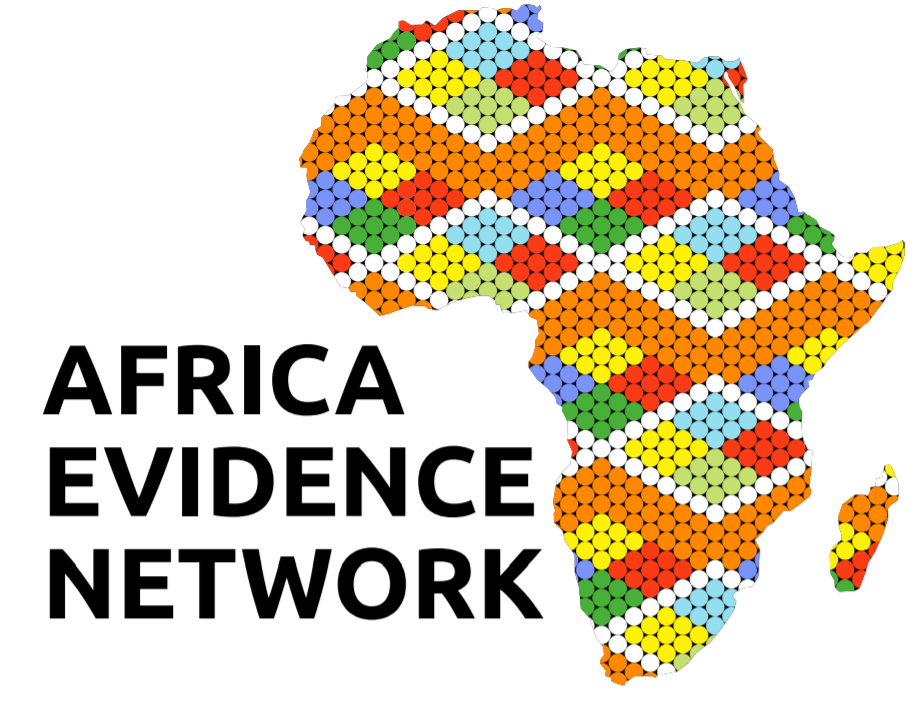
Antimicrobial resistance, the ability of (pathogenic) bacteria to withstand the action of antibiotic drugs (Nolte O et al., 2014; Ferri M et al., 2017). WHO (2018) describe antimicrobial resistance (AMR) as the ability of microorganisms like bacteria, viruses and or some parasites to stop an antimicrobial such as antibiotics, antivirals and antimalarials from effectively working against microorganisms or destroying them. The impact of antibiotic resistance to humans has been likened to that of global climate change. Antimicrobial resistance has become a public health concern, not only in terms of limited treatment options but also due to its economic burden especially on LMICs where the impact is hugely felt due to treatment options.
Antimicrobial Resistance creates a challenge where standard treatments that are usually effective against these microorganisms will become ineffective. Antimicrobial resistance is putting the gains of the Millennium Development Goals (MDGs) at risk and endangers achievement of the Sustainable Development Goals (SDGs) particularly No3. Antimicrobial resistance occurs gradually and naturally over time over time partly due to genetic changes. Of concern, the misuse and overuse of antimicrobials has accelerated the problem of antimicrobial resistance and there is need for close professional oversight. Antibiotics effectiveness is key to the success of major surgery and cancer chemotherapy among other medical and surgical procedures.
The Antimicrobial resistance global report (2014) showed that antimicrobial resistance is everywhere and has the potential to affect anyone, of any age, in any country. It therefore requires bold steps by all concerned stakeholders including academia, health professionals, researchers, policy makers and political leaders. The multisectoral collaboration and multidisciplinary approach is vital in helping the policy makers and relevant authorities with much needed evidence for them to lobby for funding. Evidence informed policy making is a win-win approach for both the implementers and policy makers because part has a constituent to report and accountable to. Key research institutions such as London School of Hygiene and Tropical have focused on Antimicrobial Resistance as a priority research area.
In fighting Antimicrobial resistance, researchers and others public health experts should provide adequate evidence to support policy makers and other governments is critical for implementers and the evidence has to simplified and making sense the constituent being addressed the message to. Evidence come in different forms and at different levels from output, outcome and impact level. It is always important for researchers and academia to package the evidence for consummation by policy makers and politicians in a way that is easy to comprehend and make sense of. Institutions like Africa Evidence Network at University of Johannesburg has done a lot in promoting evidence synthesis for use in policy making. This has helped many organisations and institutions to be able to effectively engaged governments and policymakers with evidence and presenting it in a way that make sense to policy makers.
Apart from that, It is my opinion that there is need to promote close interaction and linkages between academia and implementing partners who are NGOs particularly in developing countries so that there is crosspollination of ideas and sharing of new insights and evidence. Close collaboration can also entail having development practitioners actively involved in a bottom up approach in terms identifying priority research areas and locations in a region and or country. Ability of researchers to fuse with and immerse themselves in the community is also vital. This in the end will promote use of evidence in programming and policy making.
In line with 100 DAYS AWARENESS ON ANTIMICROBIAL RESISTANCE I call upon all stakeholders in the Health supply chain to promote the awareness under #100DaysAwarenessOnAMR
Enock Musungwini is an MSc Public Health scholar at the London School of Hygiene and Tropical Medicine in London, UK. He is also a Member of the Africa Evidence Network Reference Group and Student Ambassador at Royal Society for Tropical Medicine and Hygiene. The views expressed in this article are mine.
The views expressed in published blog posts, as well as any errors or omissions, are the sole responsibility of the author/s and do not represent the views of the Africa Evidence Network, its secretariat, advisory or reference groups, or its funders; nor does it imply endorsement by the afore-mentioned parties.